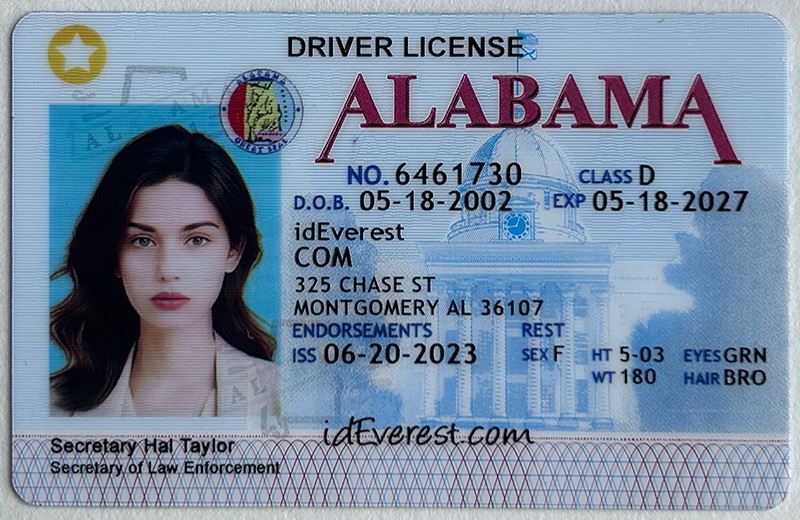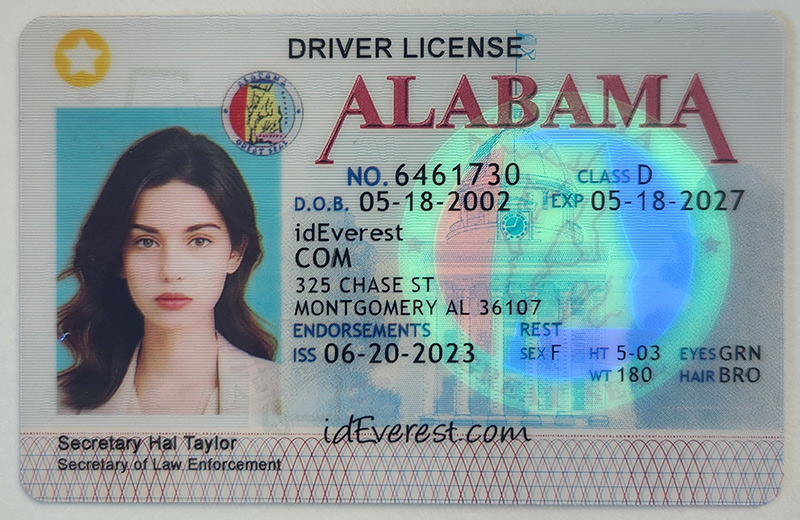Products Description
<h1>University of Alabama Fake ID: Navigating the Legal and Ethical Pitfalls</h1>
The use of fake IDs among college students is a pervasive issue that has garnered significant attention over the years. At the University of Alabama, as in many other institutions, the practice of using fake identification cards to bypass age restrictions on alcohol consumption, gain entry into bars, or access certain services is not uncommon. While it may seem like a harmless rite of passage to some students, the reality is far more complex, involving legal risks, ethical dilemmas, and potential long-term consequences.
### The Appeal of Fake IDs Among Students
For many students, the allure of a fake ID lies in the perceived freedom it grants. The legal drinking age in the United States is 21, and for many college students, this restriction feels like a barrier to fully participating in the social scene. Whether it’s attending parties, going to bars with friends, or purchasing alcohol, the temptation to circumvent the law can be strong. Moreover, peer pressure can play a significant role, as students may feel compelled to obtain a fake ID to avoid being left out of social activities.
### The Legal Consequences
However, the use of fake IDs is not without serious legal repercussions. In the state of Alabama, possessing or using a fake ID is considered a criminal offense. Depending on the circumstances, students caught with a fake ID can face charges ranging from a misdemeanor to a felony. This can lead to hefty fines, community service, probation, or even jail time. Additionally, having a criminal record can have long-lasting effects on a student’s future, potentially affecting their ability to secure employment, obtain professional licenses, or even gain admission to graduate programs.
### The University’s Stance on Fake IDs
The University of Alabama, like many other academic institutions, takes a strong stance against the use of fake IDs. The university’s code of conduct clearly outlines the consequences for students found in possession of or using fake identification. Disciplinary actions can include suspension, expulsion, and other penalties, depending on the severity of the offense. The university also works closely with local law enforcement to address issues related to fake IDs, emphasizing the importance of adhering to state laws and university policies.
### Ethical Considerations
Beyond the legal ramifications, the use of fake IDs also raises important ethical questions. Students who use fake IDs are essentially engaging in fraud, misrepresenting their age and identity to gain access to services that they are not legally entitled to. This not only undermines the trust in systems that rely on accurate identification but also sets a precedent for dishonest behavior. For a university that prides itself on academic integrity and ethical conduct, the use of fake IDs is fundamentally at odds with the values that the institution seeks to instill in its students.
### The Role of Education and Awareness
To address the issue of fake IDs, it is crucial for universities to focus on education and awareness. The University of Alabama has implemented various programs and initiatives aimed at informing students about the risks and consequences of using fake IDs. These efforts include workshops, seminars, and outreach campaigns that emphasize the importance of making responsible decisions and understanding the legal implications of their actions. By fostering a culture of awareness and responsibility, the university aims to reduce the prevalence of fake IDs among its student body.
### Alternatives and Support
For students feeling pressured to obtain a fake ID, it is important to recognize that there are alternatives. Many universities, including the University of Alabama, offer a wide range of social activities and events that do not involve alcohol or age-restricted venues. These events provide opportunities for students to connect with their peers, enjoy their college experience, and build lasting friendships without resorting to illegal activities. Additionally, students who find themselves struggling with peer pressure or who have already faced consequences related to fake IDs can seek support from campus resources, such as counseling services, legal aid, and student affairs offices.
### Conclusion
In conclusion, while the use of fake IDs may seem like a minor infraction to some students, it carries significant legal and ethical implications that should not be overlooked. The University of Alabama, through its policies, education programs, and support services, strives to deter students from engaging in this risky behavior. Ultimately, the decision to use a fake ID is not just a matter of breaking the law; it is a choice that reflects on a student’s integrity and respect for the rules that govern both the university and society at large. Students are encouraged to make informed and responsible decisions, recognizing that their actions today can have a lasting impact on their future.
Tags: university of alabama fake id Alabama Fake ID Alabama ID Alabama
You like
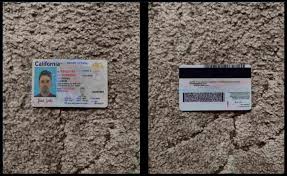
100% authentic-looking scannab
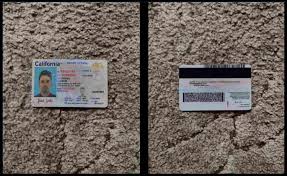
100% authentic-looking scannab
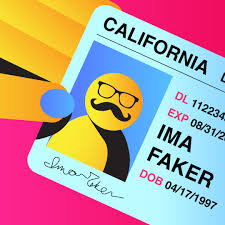
100% authentic-looking scannab

100% authentic-looking scannab

